All over campus you see the quote from Rudyard Kipling:
“The strength of the pack is the wolf and the strength of the wolf is the pack.”
Reflecting on my transition into my first post-postdoc role as Postdoc Program Manager at NC State and now in a new role leading the creation of an Office of Postdoctoral Affairs at Virginia Tech, I am appreciative of the supportive group of advocates, colleagues, friends, and mentors I have assembled over the years from my postdoctoral training time at Vanderbilt, professional associations (the Graduate Career Consortium in particular), and work. They helped me land my position at NC State and gave me the confidence to pursue this new opportunity at Virginia Tech.
The key point here for current graduate students and postdoctoral scholars is that you should establish relationships with individuals outside your main research advisor, especially if those individuals are in areas you might be interested in pursuing as a career. But, regardless of whether you go in a particular career direction, just get involved with organizations on your campus, in your community, and/or nationally. You will need broad advocates for you who can speak to your commitment, teamwork, organization, and ability to get things done and those you work with in these non-work/lab capacities will be able to do that. They may also be able to emphasize the soft skills of people management better than your research advisor can because they see you function in a different capacity. Critically, you should be cultivating these relationships before you need them.
Early in my time at NC State I was also encouraged to offer more career and professional development programing for graduate students and postdocs and worked to develop and launch a career exploration series in Fall 2020. In addition to this, I often gave guest presentations or co-presentations for or with other members of our Graduate School Professional Development Team. It was nice to hear from my colleagues and supervisor that they saw me as an effective presenter and facilitator of these workshops and programs. I didn't have much pedagogical training going into the role at NC State and so hearing from those with that expertise and experience that I was good at program delivery gave me increased confidence in that skillset.
Despite all this, during my second year in the role I began to feel that I was reaching a point where I needed to see a future at the institution where my impact was recognized and supported and I spent most of 2021 wrestling with my future there.
What made the experience of asking for administrative support so frustrating to me wasn't that it took so long or that they didn't do it initially...it was that there was ZERO communication about where the request stood. There was no constructive dialogue with leadership around my request and what it would take to address it or further discussion of current limitations that prevented them from addressing it. Some of this may have been inferred (COVID-related restrictions) but I could have benefited from a more direct discussion of the issues and how we could work together to plan to address them in the long run. I can take "no" for an answer but I need to understand the justification...the why...behind a decision. It seemed to me leadership did not want to engage on this topic. I think they thought silence on their part was an answer, which I guess in a way it was. The answer it sent, as I interpreted it, was "don't ask for things and be happy with what you have". In my eyes, there was very little future thinking or foresight in what we could do at NC State but rather a focus on what we had done (ie, stay in your lane; keep doing what you're doing). Many organizations think this way but it was important to me that I could see a bright future for myself, the office, and team at NC State.
In short, this experience epitomized a recurrent feeling I had during my time at State: I felt I went above and beyond and no one in leadership really cared. There was certainly a "nice job" comment but I don't think leadership saw the potential of what we could do with the platform. I envisioned it as a way to have current trainees learn about informational interviews and then tell alumni stories via the blog. It seemed like it could be a great platform for student/postdoc learning, networking, and brand building but it was never a unit priority. In the end, we produced less frequent pieces as I failed to see any future where leadership would support these efforts (ie, give me the bandwidth to pursue organizing content with more intention). And the COVID-19 pandemic certainly made any attempt at asking for more resources and support even more challenging.
What I learned in those tough months in 2020 that bled into 2021 was that I really needed to engage with my work colleagues, hear their perspectives of the situation, and find solidarity in working together to create a better environment for all of us. It was easy to feel isolated as we moved to remote work but I felt engaging with my colleagues during the spring and summer of 2020 in particular allowed me a better understanding of the professional situation we all had found ourselves in.
Through discussions with them, it became apparent that no one on the team felt very supported and many of us did not see much leadership happening above us. We all struggled with setting priorities as our work seemed to be never ending. Many of us have a service mindset and it was difficult to not feel like we needed to respond to students and postdocs or campus stakeholders asking for help and support during those many months of COVID-related uncertainty. And while we were all "adults" with some agency over our work situation, without a clear strategy of where we were trying to go, what we were trying to accomplish as a team, and our ultimate priorities and goals (specifically as they related to university and unit priorities), we felt increasingly despondent. Hope is a powerful thing and we increasingly were losing faith that things would get better.
I am a pragmatist and so understood COVID made increased support and resources an issue at the moment but what I needed to hear from leadership, and never did, was how we could begin planning and prioritizing for the future. What did institutional leadership care about and how could our team work toward providing and communicating value so we would be better supported in the long run? We never got a straight answer here either because Graduate School leadership did not know or did not have the bandwidth to find out as it wrestled with other COVID-related issues. Regardless of the reasoning, as the situation showed no signs of improving, I realized I needed to start considering other opportunities.
I don't think our team was alone in experiencing this loss in trust, especially during the pandemic.
Trust is central to psychological safety. If we don't trust that the topics and issues we raise will be dealt with, why raise them? If we don't trust that the leadership above us can work together to support us as professionals but also our work and those we serve, why rely on them?
Communication is key to building trust and understanding. I think the major issue that emerged during my time at NC State was poor communication between leadership and staff in our unit. Certainly Zoom meetings and not seeing colleagues and leadership in-person made it difficult for open communication to take place. And I am sure my boss and her boss were dealing with a lot during 2020-2021. However, they never really communicated to our team what there professional challenges were. Perhaps we could have helped them respond to some of them? Maybe the Dean needed to better justify to the Provost how the Graduate School could be a hub of resources and support that increases the efficiency of financial resources at the institution? I think our team could have been a model for that...we served all colleges and units and, I believe, added value by bringing together students and postdocs from different disciplinary backgrounds to learn from one another. Yes, each college or unit at NC State could offer career and professional development programming (and many do) but is that the best use of our limited resources?
It is hard to provide real value to leadership when leadership does not communicate to you want they value. Working toward a common goal is impossible without communication and understanding around what that goal is.
She defines great leadership as:
- Recognizing potential - Leaders elevate and support others in realizing their potential; they should not be threatened by the potential of those that report to them but rather see them as an asset to the organization.
- Taking responsibility - Leaders must lead by owning their decisions and responsibility as a leader.
- Being:
- Vulnerable
- Honest
- Courageous
Reflecting on this and my own experience working at NC State, I think I better understand what it takes to lead effectively and how difficult it can be through times of stress and uncertainty. Leadership is tough and giving leaders and supervisors the tools and resources they need to lead teams and organizations effectively is critical.
During those tough months in 2020-2021 I also obtained the courage to take ownership and leadership of my own career by searching for opportunities at institutions that valued me and my work. More on that job search journey in next month's post.
Until then, try to be both vulnerable, honest, and courageous in all you do. And realize, sometimes an environment is just not working for you and change is necessary to grow and thrive in your work and life. Taking that first step toward change can be really scary but with the right support network and attitude, it is possible.











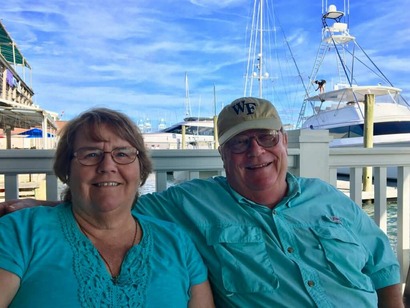

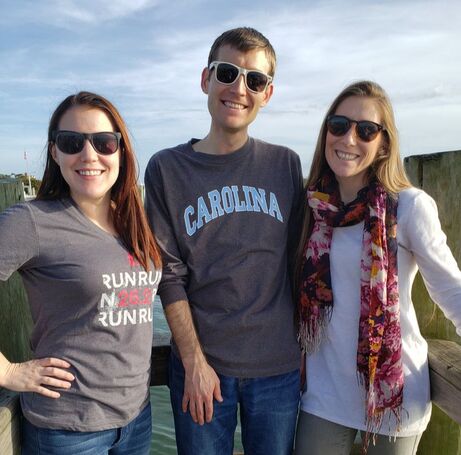







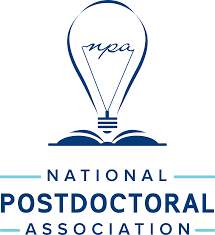
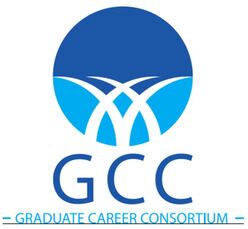

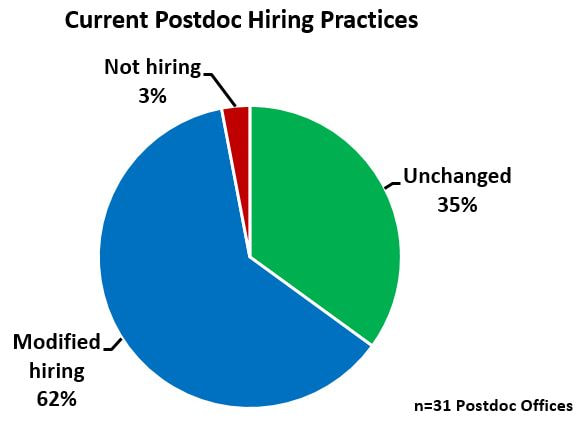
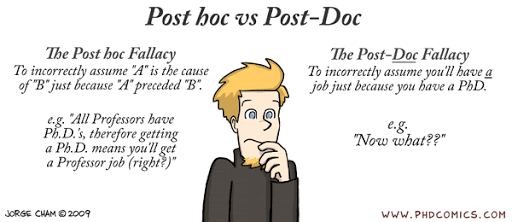






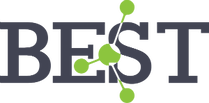

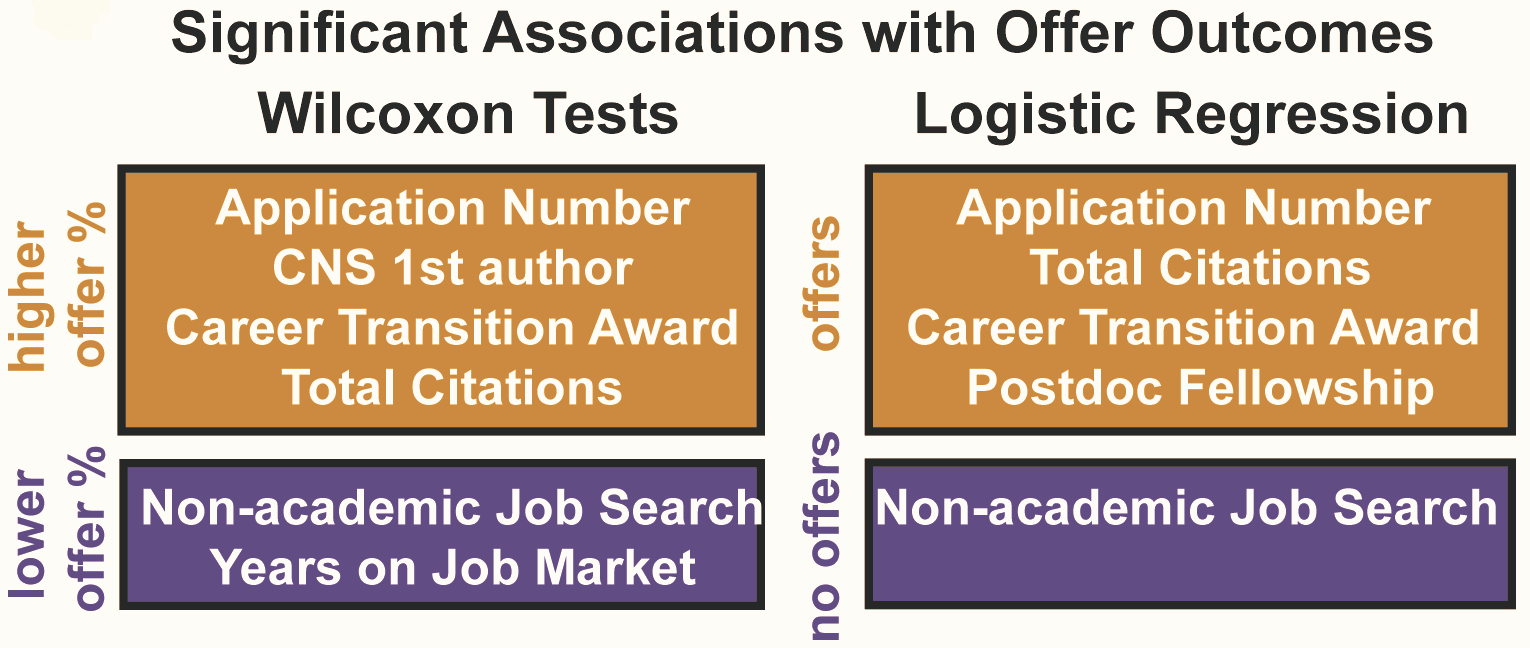

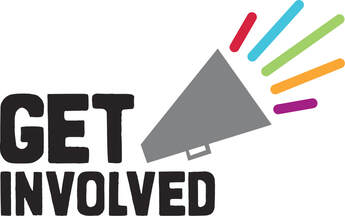

 RSS Feed
RSS Feed